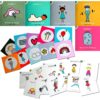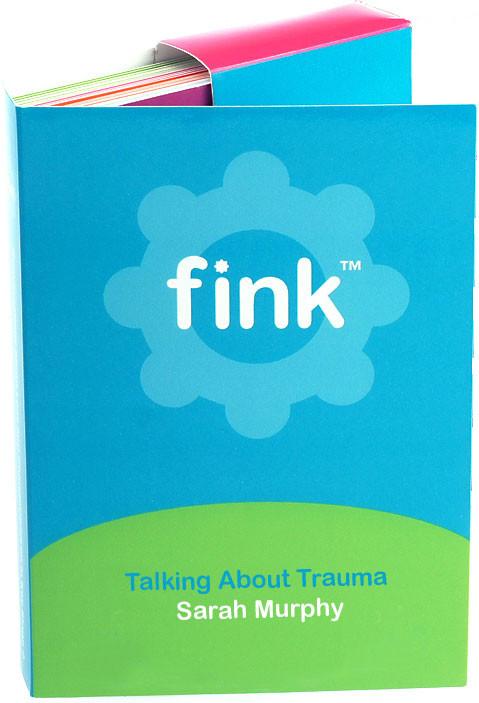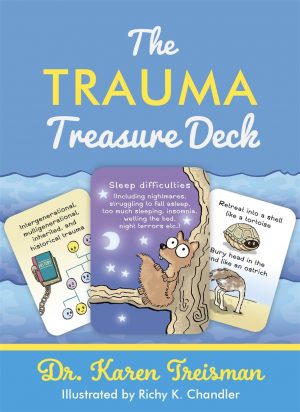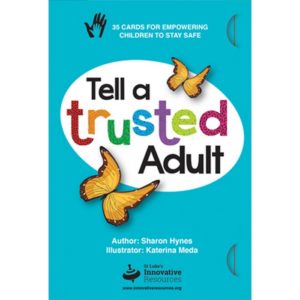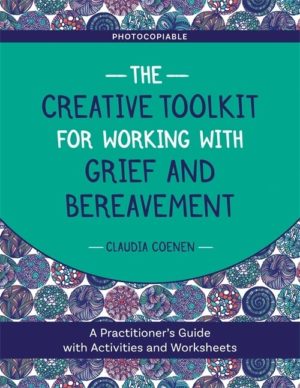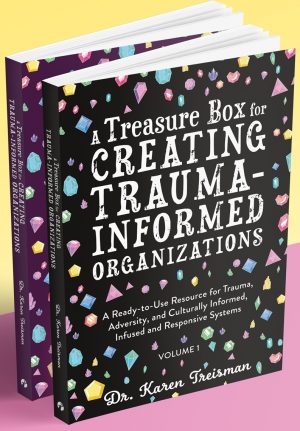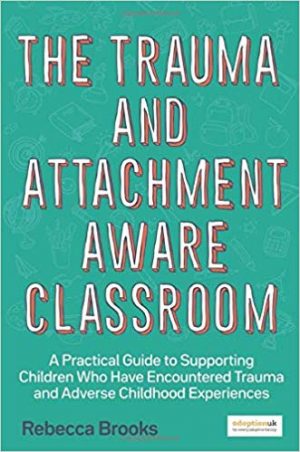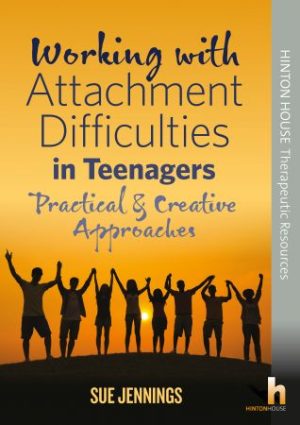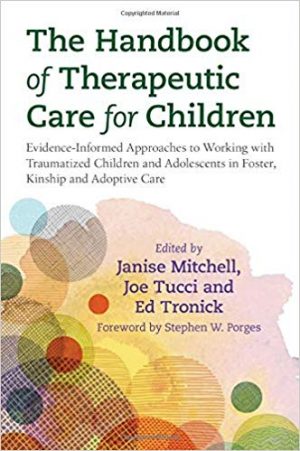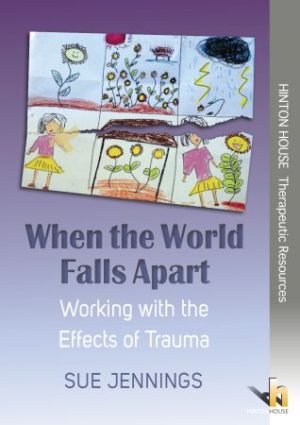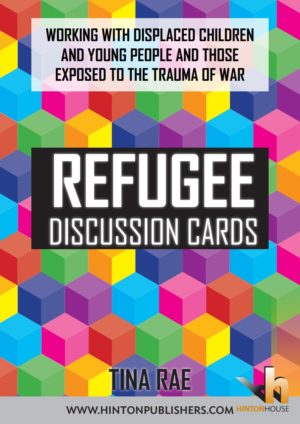Fink Cards – Talking About Trauma
£21.00
Discover How To Move Forward After A Life Changing Traumatic Event
Talking About Trauma offers the chance to open up about feelings and emotions surrounding a traumatic event.
48 conversations cards to help:
- open up about feelings and emotions surrounding a traumatic event
- empower you to speak about the impact trauma has had upon your life
- discover ways to move forward
Talking About Trauma aims to help people affected by traumatic life changing events to start conversations with trained professionals and others who have had similar shared experiences.
The conversations these cards create offers the chance to open up about feelings and emotions surrounding a traumatic event in a safe, supportive environment. The questions will help you to discover ways to move forward into the future by empowering you to speak about the impact that trauma has had on your life
Experiencing a traumatic event affects every aspect of your life from finances to friendships. It changes your view of the world, and your sense of self. Talking about what happened can help by “letting the gas out of the bottle” in a safe and controlled way, but sometimes it triggers emotions which make you feel like you are reliving the event all over again. For this reason, many people avoid talking about the trauma in an attempt to protect themselves from painful feelings.
As trauma can cause you to block out painful memories, opening up about what happened can help make sense of things that feel confusing and unreal.
These cards are best used with professionals in Phase II trauma treatment.
The cards are divided into four sections, and can be used in any order
- Health – identify factors that may be helping or hindering you on your healing journey
- Who Are You? – identify the areas of your life that you find challenging, and help you begin to work towards finding a way to understand the person you are now, or would like to be in the future.
- Justice – explore the impact and the role of the justice system and other outside agencies like the police, media and medical profession
- The Event – this set of questions may be the most difficult to discuss. You may feel you would initially like to write down your thoughts as opposed to having an open discussion, or simply sit quietly and contemplate.
It is advisable for anyone using the cards to have a supportive professional available. This can help the survivor to self regulate during difficult moments, and offers a safe space for participants to return to.
Related Products
Feelings & Emotions
Feelings & Emotions
Abuse & Domestic Violence
Emotional Intelligence & Empathy
Working with Attachment Difficulties in School-Aged Children
Emotional Intelligence & Empathy
HINTON HOUSE PUBLISHERS
HINTON HOUSE PUBLISHERS

